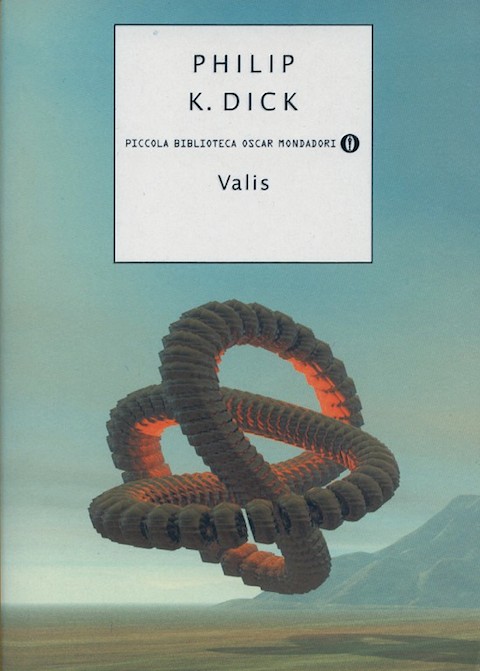

The fractured tale of an authorial alter-ego named Horselover Fat, VALIS (short for “Vast Active Living Intelligence System”), the first book in the trilogy, involves an alien space probe, Watergate, the Messiah, lasers, and a range of references to religions like Christianity, Gnosticism, Buddhism, Gnosticism, Zoroastrianism, and the Red Cross Brotherhood philosophy from the ancient Greeks to Plato, Pascal, and Schopenhauer and cultural figures like Handel, Wagner, Goethe, and Frank Zappa. The change happened around the time he saw a mysterious pink light and met God in 1974, or claimed to, and it produced a final set of novels known as the VALIS trilogy. Other, later works found him plunging as deep into philosophy and autobiography as into science fiction. Typically, these adaptations use the stories and novels in which Dick wrote the setting, plot, and characters with relative straightforwardness. More films followed over the years, including Paul Verhoeven’s Total Recall (an adaptation of “We Can Remember It for You Wholesale”), Steven Spielberg’s Minority Report, Richard Linklater’s A Scanner Darkly, and many others.ĭick’s work has also provided the basis for radio dramas, television shows (most recently Netflix’s The Man in the High Castle, with an ambitious anthology series coming to Channel 4 this spring), and stage productions.

Blade Runner, Ridley Scott’s hugely influential adaptation of Dick’s Do Androids Dream of Electric Sheep?, premiered just three months after the author’s departure.

His distinctive, some say visionary brand of psychological sci-fi literature, however, has lived on, proving its endurance in part by taking new forms. Image by Pete Wesch, via Wikimedia Commons


 0 kommentar(er)
0 kommentar(er)
